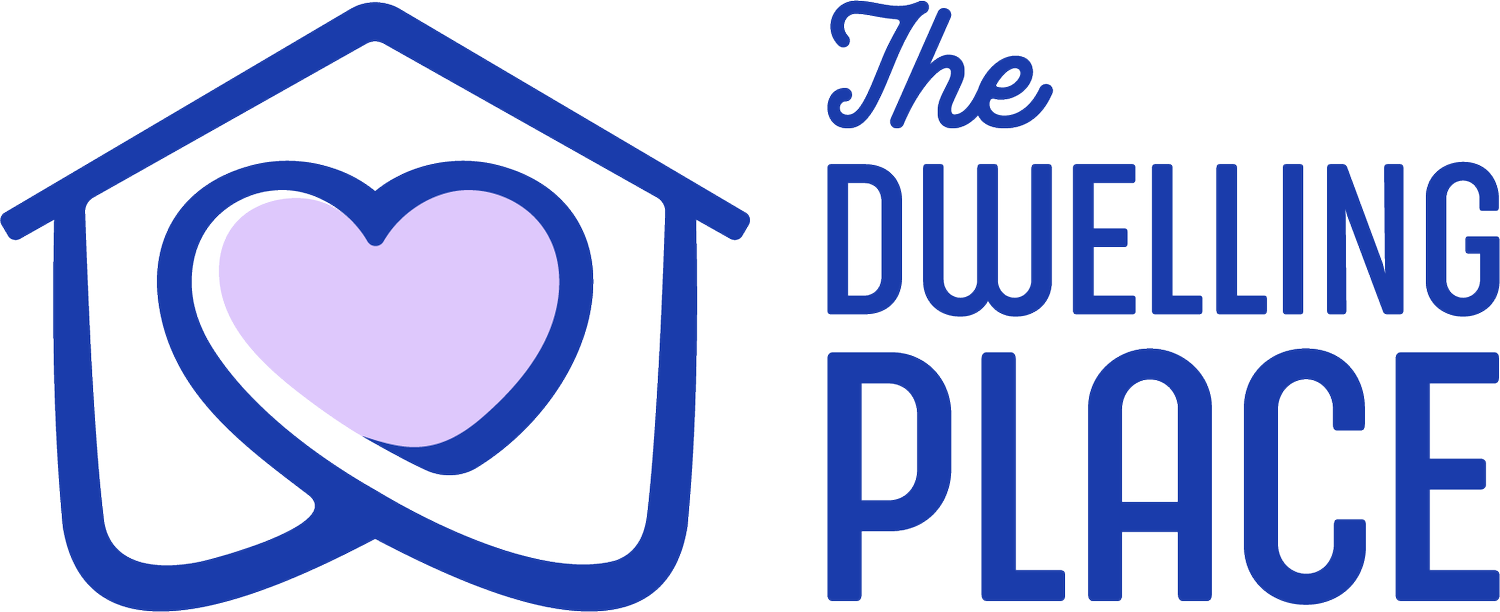
DOMESTIC ABUSE EDUCATION
The first step toward freedom is to educate yourself about the signs and patterns of domestic violence and abuse.
Let’s talk about it.
What is domestic abuse?
Domestic abuse—or domestic violence—is a pattern of behavior used to cause fear and gain control over another person. It may involve verbal, emotional, physical, sexual, financial and spiritual forms of abuse.
Abuse comes in many forms.
Verbal and emotional abuse include name calling, ridicule, derogatory comments, blaming, false accusations, lying, jealousy, causing public embarrassment, anger/rage, tantrums, threats, intimidation, yelling, crazy-making behaviors, harassment, criticizing personal appearance, criticizing family and friends, interfering with work, school and appointments, bossy controlling behaviors, silent treatment and similar behaviors. Verbal and emotional abuse cause intense pain that can be much harder to heal than bruises or broken bones.
Physical abuse includes slapping, kicking, choking, pinching, biting, pulling hair, burning, tying up, using a weapon, physical restraint, throwing objects, destroying property, reckless driving to cause fear, all forms of sexual abuse, including groping, assault and rape.
Financial abuse includes taking sole control of the money to the degree that the other person has to ask for necessities, denying the freedom to work, forcing to work then taking all the money, making secret financial decisions that jeopardize family stability, blaming financial problems on others, buying unnecessary things while the basic needs of others are not met.
Spiritual abuse includes using scripture and words like "submission" and "obey" to maintain power and control, asserting spiritual superiority and domination in a relationship, or denying the right to attend church or religious activities or to read the Bible.
Why do people abuse?
Fear of rejection and abandonment.
Power, control, and abuse are used to keep her from leaving him. His fear is intense, and usually unspoken. The abuse actually causes her to want to leave.
Entitlement - belief in the right to dominate.
Some people like the position of authority and domination and believe it is their God-given right as a man. False teaching and misinterpretation of scripture can contribute to abuse.
Learned behavior in relationships.
Role models were aggressive and abusive. Some abusers don't know how to do relationships any other way. Abuse is learned behavior that the abuser chooses to follow.
There is hope. God can redeem, heal, teach and give freedom to every man who recognizes the patterns of abusive behavior and asks God for help to break the cycle of abuse.
Domestic Violence Quick Facts
In Minnesota between 2013-2022, at least 185 women, 13 men, 17 children, and 41 bystanders/intervenors were murdered as a result of domestic violence; see Violence Free Minnesota Homicide Report: Relationship Abuse in MN
1 in 3 women will be a victim of domestic abuse in her lifetime.
Domestic violence is the leading cause of injury to women in the United States—more than rapes, muggings and traffic accidents combined.
The most dangerous time for an abused woman can be when she leaves or attempts to leave her abuser.
30-60% of abusers also abuse the children in the household.
50% of all homeless women and children living in America are fleeing domestic abuse.
Consequences of Domestic Abuse
Domestic abuse is the immediate cause of homelessness for many women. Survivors of domestic abuse are often isolated from support networks and financial resources by their abusers, which puts them at risk of becoming homeless. As a result, they may lack steady income, employment history, credit history, and landlord references. They also often suffer from anxiety, post-traumatic stress disorder, major depression, and substance abuse. According to multiple studies examining the causes of homelessness, among mothers with children experiencing homelessness, more than 80% had previously experienced domestic violence.
Other Online Resources:
DOMESTIC VIOLENCE 101
Equip your Organization
Domestic Violence 101 is a training for the community. We want to equip neighbors, family members, friends, coworkers, and church congregations to prevent domestic violence and help survivors escape. You can schedule a training for your organization or group today!
Domestic Violence Educational Resources
Focus Ministries
National Domestic Violence Hotline
Domestic Abuse Project
Minnesota Homicide (Formerly Femicide) Report
Empower yourself with knowledge.
-
Help! How do I get out of an abusive relationship?
→

-
Is it abuse? Educate yourself on domestic violence & abuse
→

-
Local resources for basic needs
→

-
Learn about our resident program
→






